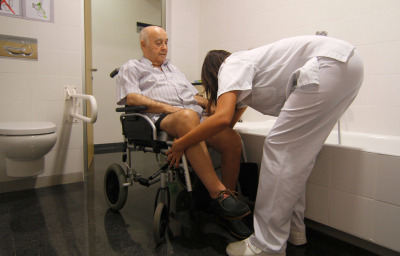
WHO releases two major reports — the Mental Health Atlas 2024 and the World Mental Health on September 2 — alongside updated suicide estimates, presenting the most comprehensive evidence yet on the urgent need to strengthen mental health services and prevention worldwide.
The World Mental Health Today report shows that over one billion people live with a mental health condition, yet most do not receive adequate care. Mental health conditions are among the leading causes of disability globally, and also impose high costs on households, employers and economies. Persistent shortages of financial resources, skilled workers and quality services leave countries unable to meet population needs.
WHO’s new suicide estimates reveal that 727,000 people died by suicide in 2021. Suicide is the third leading cause of death among those aged 15–29 — second for young women and third for young men. More than half of deaths occurred before age 50, with 73% in low- and middle-income countries. These figures highlight the urgent need for stronger prevention strategies.
The Mental Health Atlas 2024 is the seventh in a series that began in 2001, and draws on data from 144 countries to assess mental health policies, laws, information systems, financing, workforce and services. It shows little change in investment: mental health accounts for only 2% of health budgets, unchanged since 2017. Spending disparities are wide, ranging from US$ 65 per person in high-income countries to US$ 0.04 in low-income countries. Workforce shortages remain critical, with a global median of just 13 workers per 100,000 people, and extreme shortages in low- and middle-income countries. Reform and development of mental health services is also progressing slowly. Fewer than 10% of countries have fully transitioned to community-based care models, with most still in early stages. Inpatient care continues to rely heavily on psychiatric hospitals, with nearly half of admissions occurring involuntarily and over 20% lasting longer than a year.
Together, these findings highlight both progress, persistent gaps, and the scale of the challenge ahead. They provide governments and partners with essential evidence to inform policy dialogue – including at the upcoming 2025 UN High-Level Meeting on Noncommunicable Diseases and Mental Health in New York – and point to where investment and action is most clearly needed to achieve the goals and targets of WHO’s comprehensive mental health action plan.








